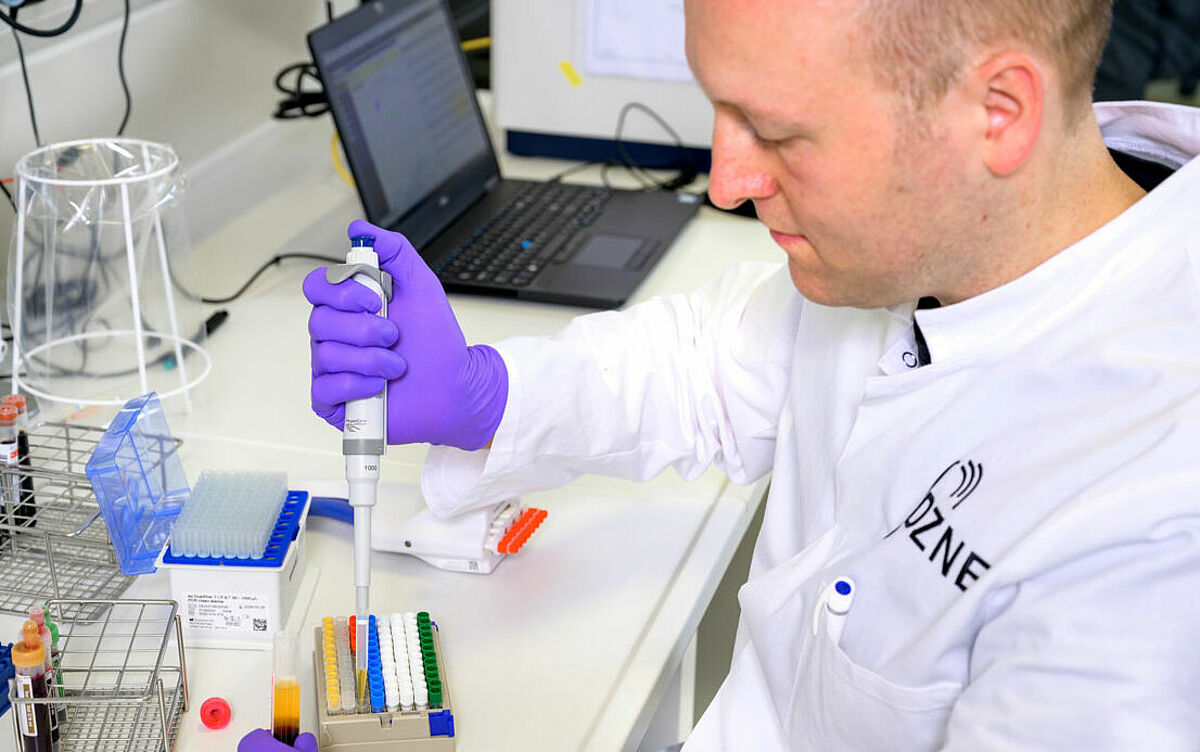DZNE involved in two new research networks

More than three million euros in funding from the state of NRW
Scientists from the DZNE’s Bonn site are participating in two new research networks funded by the state of North Rhine-Westphalia (NRW), which involve collaboration of universities and research institutions. In this context, more than three million euros are being provided for studies at the DZNE.
The iBehave research network (lead: University of Bonn) will investigate how organisms adapt their behavior to a changing environment and, in particular, explore the neuronal mechanisms involved.
“Eight DZNE research groups will contribute to this project that will advance our understanding of the neuronal mechanisms producing fundamental behaviors across species. This information will be key to promote the early accurate identification of several neurological diseases in patients “, says DZNE scientist Prof. Gaia Tavosanis. “We are very excited about this network that will bring together scientists from six institutions in the region. Different expertise will be bundled in intersectional projects to solve key, shared questions – a very innovative approach.”
The CANTAR research network (lead: University of Cologne) aims at developing new drugs for cancer treatment and identifying targets for therapy.
“In our laboratory, we study cellular mechanisms that affect the DNA high-order structures within the cell nucleus, which we and others have shown being relevant to neurodegenerative diseases as well as brain tumorigenesis,” says DZNE researcher Prof. Paolo Salomoni. “In particular, within CANTAR I and Dr. Melania Capasso will investigate how perturbations of these DNA structures, which form what is called chromatin, contribute to growth of brain cancer cells and their interactions with immune cells of the brain.”
April 2022
